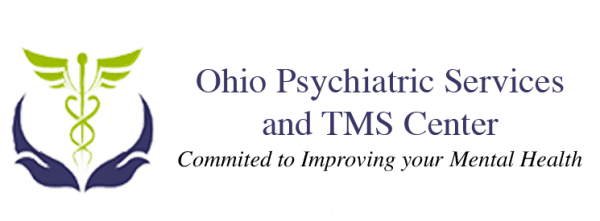FAQ
Questions
Psychotherapists are trained counselors who treat persons with emotional symptoms with counseling or psychotherapy. A psychologist has a doctoral degree in psychology. A psychiatrist has a doctor of medicine degree and specializes in psychiatry following medical training. A psychiatrist is the only psychotherapist who can prescribe medication. A psychopharmacologist is a psychiatrist who specializes in the use of medications to treat emotional symptoms. Psychopharmacology is simply the study of how medications affect the mind and thinking processes.
‘Mentally ill’ is a term usually reserved for those with severe emotional disturbances such as schizophrenia. Many individuals consult with psychiatrists for medication and therapy for transient symptoms such as stress, depression and anxiety. Most individuals in treatment with a psychiatrist are able to function normally in their everyday life and in society.
No, not every patient is a candidate for medication. Your provider will conduct thorough evaluation of your history, signs and symptoms and provide a diagnosis. For some patients medication alone is warranted to alleviate their symptoms. If your condition warrants psychotherapy or another form of treatment option, your provider will discuss them with you. However, some patients benefit from a combination of psychotherapy and medication. Some patients who have experienced inadequate relief from medication or significant side effects from medication may want to consider TMS (Transcranial Magnetic Stimulation), a noninvasive, highly researched form of treatment for depression with no significant side effects. TMS is covered by most insurance plans including Medicare and Tricare or you may be a good candidate for Spravato/Esketamine, nasal spray treatment treatment.
Most patients continue to take their medication while undergoing TMS treatment under the supervision of their psychiatrist. When you are finished with TMS treatment, your doctor will assess your progress and you may be able to reduce your medication slowly. Some patients ultimately discontinue their antidepressant medication after TMS under the care of their doctor. Others continue their medication with a significant decrease or remission in depressive symptoms that they did not experience with their medication alone before TMS. It is dangerous to stop antidepressant medication suddenly.
Our TMS representative or staff member will see you for a complimentary consultation to explain what TMS is, how it works, what the research shows, and what the procedure entails. We will assess your symptoms, your medication history and your expectations to help you understand if you are a good candidate for TMS. Twelve years of research (including Yale, Harvard, The Mayo Clinic etc.) show that 50-65% of patients experience a significant reduction in depressive symptoms with TMS. Based on our statistics, we are currently seeing a 71% rate of remission in depressive symptoms for patients treated in our office. This statistic is subject to change as we are constantly measuring our patients’ progress. The effects last at least one year for the majority of patients. If you are found to be a good candidate for TMS we will schedule a 30 minute appointment with one of our providers to assess you to write the prescription for TMS.
If you’ve heard of “Spravato” or “Ketanest” before, that’s esketamine. Esketamine is a derivative of ketamine that comes in the form of a nasal spray.
More specifically, it’s the S-enantiomer to the R-enantiomer of ketamine, which is medical speak for having more NMDA glutamate receptor potency. Esketamine was recently approved by the FDA to treat refractory—treatment-resistant—depression (TRD).
Esketamine’s prescriptive purpose is to treat refractory depression. It’s mostly reserved for those who experiencesevere depression and intense suicidal thoughts.
Eskatime is the evolution of antidepressant treatment. To find out if esketamine treatment is right for you, you need to be fully evaluated by one of our mental health professionals.
If you have more questions regarding esketamine/Spravato treatment, or you’d like to know about the mental health services we provide, reach out to us. And remember, you’re not alone.
All information provided to a member of our team is confidential and can only be released with your written consent. The only exceptions to this are in the areas of child abuse, elder abuse, or threats of homicide.
Our services are covered by most commercial health insurance plans in addition to Medicare and Medicaid. Please have your health insurance information at hand when you call to schedule an initial evaluation. Our staff will then check your benefits.
Your initial evaluation will take about 30-45 minutes in most instances. If our team believes that you will benefit from medication and if you desire to try medication, we will write a prescription at that first visit. Follow-up visits are typically one month later and usually last for 15 -20 minutes. If our team needs more time in your particular instance, we will arrange for additional time with you.
Many emotional symptoms in depression and anxiety disorders occur when the levels of certain brain neurotransmitters, such as serotonin or norepinephrine, drop below effective levels due to stress or other causes. Our current antidepressants and anti-anxiety medications help restore the natural balance of these neurotransmitters and are not addicting or habit forming.
We are available by telephone at (740) 201-6021 on weekdays from 8:00 a.m. to 4:30 p.m. When we are on the telephone, you will get voice mail. It may be necessary for you to leave a message and we will return your call the same day or within 24 hours. Most of the time we are able to schedule an appointment within 24-48 hours of your call.

